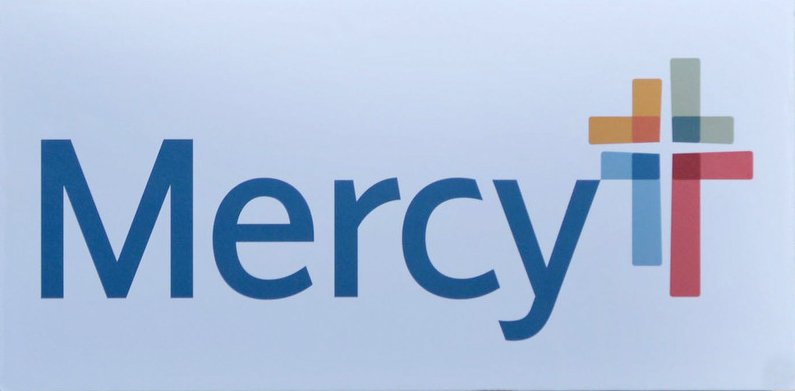Mercy and Mayo Clinic will begin a 10-year alliance using data science and years of clinical information to improve disease prevention and treatment.
The collaboration, the first of its kind, will combine Mercy's clinical data, including over 500 million patient encounters, with Mayo's investment in data science platforms, according to a news release Tuesday from Mercy.
"This unique collaboration will eliminate the barriers to innovation in health care by bringing together data and human expertise through a new way of working together," says John Halamka, president of Mayo Clinic Platform. "By working together, we will be able to find the best paths for treatment and diagnosis to benefit patients everywhere. Our union has the potential to transform medicine worldwide."
Both health care systems have amassed extensive treatment outcomes and clinical data over the years since becoming early adopters of integrated electronic health records, according to the release.
Recent developments in cloud-based technology and artificial intelligence will allow de-identified clinical records to be collected to demonstrate patterns.
As a result, scientists will be able to use years of data and patient outcomes to spot diseases earlier and determine the best treatment.
"We have a unique opportunity today to transform mountains of clinical experience into actionable information that optimizes patient care," said John Mohart, cardiologist and president of Mercy communities. "This gives physicians, providers and operational leaders critical information that can ensure patients receive the right treatment at the right time based on millions of previous patient outcomes, while simultaneously improving operational efficiencies and lowering costs. We believe bringing technology and data science to the bedside can provide better patient care, shorter hospital stays and overall better health for people everywhere."
A secured network will allow each health care system to analyze de-identified patient outcomes and keep control of its information without misplacing or transferring data, according to the release.
Data across different populations and geographical locations will strengthen the accuracy of the solutions, the release states.
Steve Mackin, Mercy's president and chief executive officer, said he hopes to continue the collaboration in other areas like precision medicine, transplant care, complex cancer, cardiovascular health and neuroscience.
"With Mayo and Mercy combining efforts, we can speed prediction and diagnosis, and provide better patient care, experience and outcomes, while ultimately saving more lives," Mackin said.

